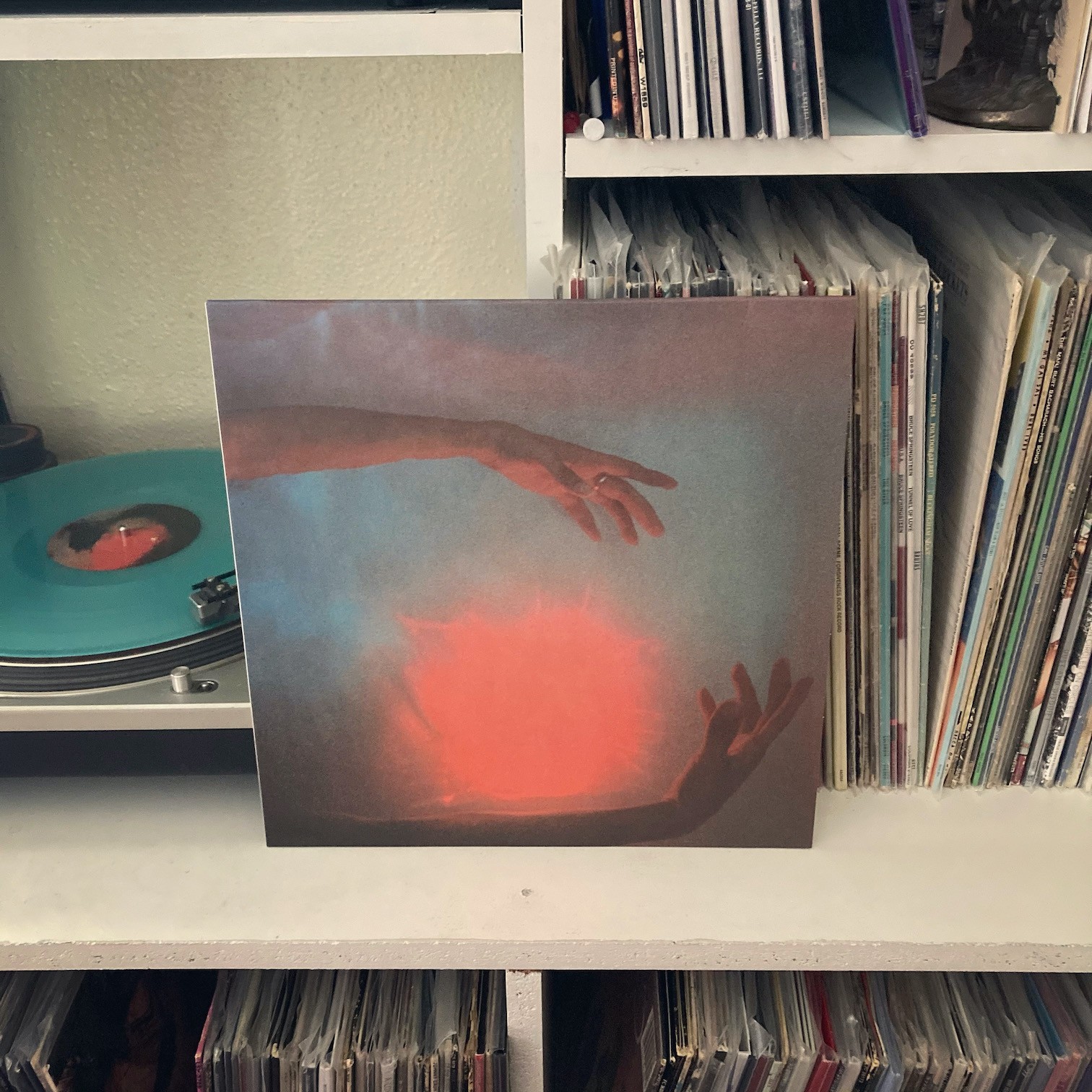 I have a working theory I’ve been testing the last few years. The premise is essentially that to the average layperson, their entire listening experience is driven by the vocals. Future Islands is essentially a good new wave/synthpop band, but many listeners suggest they defy labelling based on the deep, throaty growl of Samuel Herring. My own band—a heavy shoegaze/post rock outfit—is compared to Kings of Leon because my voice has a gritty, rock timbre. I’ve also heard a spacey garage rock band compared to Aretha Franklin because the singer was a black woman.
I have a working theory I’ve been testing the last few years. The premise is essentially that to the average layperson, their entire listening experience is driven by the vocals. Future Islands is essentially a good new wave/synthpop band, but many listeners suggest they defy labelling based on the deep, throaty growl of Samuel Herring. My own band—a heavy shoegaze/post rock outfit—is compared to Kings of Leon because my voice has a gritty, rock timbre. I’ve also heard a spacey garage rock band compared to Aretha Franklin because the singer was a black woman.
By the same token, consider Boneflower: a Spanish band that utilizes effects-heavy guitars, shifting drum rhythms, and grand instrumental compositions. Strip the vocals from it, and it could probably land somewhere near post rock (though admittedly a bit more aggressive than your typical post rock fare). Their own Bandcamp page uses the tags “alternative, post hardcore, post rock.
And yet, due to the techniques utilized by the lead singer, they are dubbed “screamo” but just about everyone who writes about them.
To be clear: the shoe absolutely fits, and they wear it just fine. But screamo as a whole largely demonstrates my theory on how a singer can completely alter the way music is perceived. The genre (shorthand for screamed emo) is incredibly diverse from an instrumental standpoint, with tempos, guitar tones, and song structure varying wildly between bands. Japan’s Envy for instance incorporates plenty of gorgeous post rock grandiosity, while Orchid is far more abrasive.
Madrid’s Boneflower sits more on the Envy side of that continuum, with a few moments of singalong catharsis that might even border on pop punk. But they aren’t just ripping off one of the most important bands in the genre. Rather, they take the same ingredients and create something distinct and brilliant. There’s some overlap with bands like Brutus, Svalbard, and, yes, Envy, but their voice is absolutely their own.
The ethos of the A(r)mour is best showcased in the first track, “Saltpeter.” It opens with triumphant chord crashes that wouldn’t be out of place on an Explosions in the Sky record. The last chord rings out and a drum fill signals a shift into an aggressive, screamed verse—though with a soaring reverb-soaked guitar line still high in the atmosphere. The next section entirely switches tempo and rhythm to a grooving riff and the vocals move to a shouting spoken word. The song returns to the structure of the first verse, punctuating with a hardcore esque riff before the song collapses into a quieter movement, the drums shuffling under ambient guitars. The closing moment then explodes with a huge, heart-wrenching finale with singalong-ready clean vocals.
The song—like the album as a whole—is mercurial and passionate. There’s little to no room for subtlety; every color is painted at 100% vibrancy, like the vibrancy of the album cover. There are clear contradictions that are not shied away from, much like the title of the album, which based on how you read the parenthesis could be either Armour or Amour, which elicits the same vagueness as the posture of the outstretched arms on the cover. Are they guarding themselves from an adversary or inviting a lover to embrace?
Sonically, the album does both. “Vestiges” features a warlike drum pattern, giving way to a cascading, groove-heavy verse that could almost be called delicate if it didn’t have a throat-shredding scream delivered over it. “Perennial” is so straightforward and aggressive that you can practically see the mosh pit thrashing and running their voices ragged to sing along. The aptly named “Polarity” moves from thrashy, screamy verses to cathartic, melodic choruses. Then between these aggressive tracks, you have interludes like “Bromelia” and “Boötes,” deep sighs of guitar-only atmosphere. Closer “Whitney” bookends the album with a mirror image of “Saltpeter,” demonstrating the versatility of the softer end of their spectrum. Spoken word, La Dispute-esque verses burst into a half sung/half screamed chorus, before the song collapses into another sigh of guitar.
Despite all of this, A(r)mour absolutely works. Yes, it pulls itself to extreme poles of seemingly contradictory positions, but what are humans but contradictory beings? Our own experiences and beliefs are too broad and far reaching to fit into nice, convenient narratives without some inconvenient bulges poking out. This album is similarly difficult to understand. It seems to resist each attempt to be known, changing its shape as soon as you think you’ve gotten a handle on it. But is it necessary to understand an album to enjoy it? I would posit that it is not.